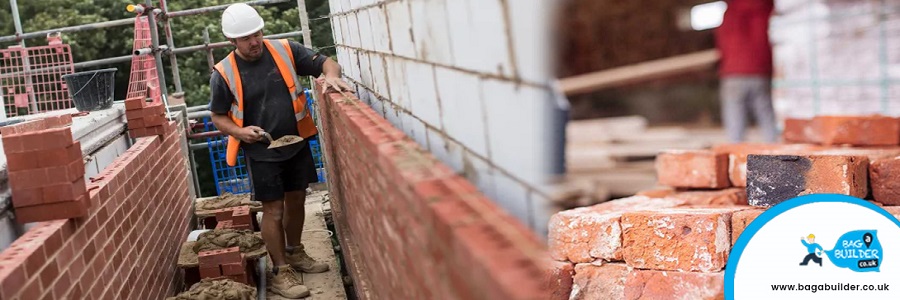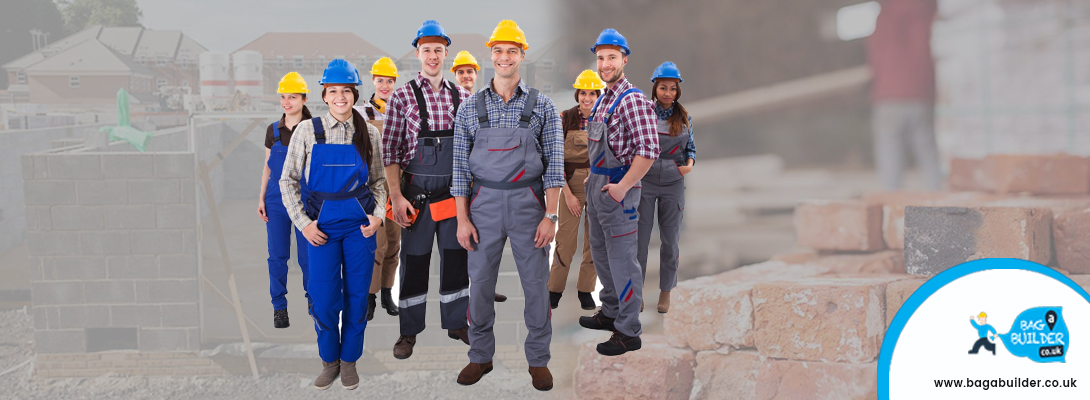How to Get a Loan to Build a House
- By : Jack Smith
- Date :

Any idea what building a house can cost in the UK?
As per the available statistics, average cost of a house in the UK stands at £272,000. That means it’d take a person-with-average-salary, which is £27,600 per year, some 10 years to afford a house. That too if he doesn’t spend a single penny earned.
Alas! Right..??
So unless you are sleeping on stash of cash, or have recently received a windfall, the only way to own a house is through mortgage or loan.
This gives rise to a very important question “how to get a loan to build a house?” Here is the answer you are looking for?
1) Prepare an estimate or budget for the bank:
Do you think you can ask for any random amount as loan and the bank will oblige? You can’t and you shouldn’t.
The bank will want to know everything from how you’ll build the house to where you’ll be residing in the meantime. That you reside in your own house or have an extra liability in the form of rent.
Make a budget, or at least an estimate of the cost, as it’s the first thing the bank will ask for.
Most of the banks lend up to 75% of current value of the land and the build cost of the house. Provided that you already own a land (or some other piece of immovable property) you can borrow more pounds against its value.
2) Make a detailed plan:
Make a detailed plan that includes projection of costs, planning permission details, amount and cost of people and materials being used among others. Factors such as location, construction method, build type, materials, and schedule of costs play a big role in determining how much loan you’ll get and by whom. So make sure you include all the relevant details in the plan.
Prepare the plan some 5-6 months in advance so that the loan process will be complete by the time you actually need the money to start building a house.
3) Go for advance mortgage if you totally depend on loan money for construction:
A typical mortgage will release money at the end of every stage: right from foundation to finished build. That means you have to bear the cost of each stage yourself and then the bank, if satisfied, will release the money into your account.
Banks are afraid of bad loans (and rightly so) and this method is a way to reduce the chances of bad loan. Great as it is for the banks, this type of mortgage is not ideal for those not having cash to fund them through each stage.
So, go for advance mortgage if you totally depend on loan money for construction
An advance mortgage will get you the money before you begin working on each stage. Once a stage is over, invite a valuer to inspect the completed work and then he will trigger the release of funds for the next stage. There are banks who don’t lend until the property is watertight, while others may be content with just seeing the foundations built.
4) Check if the bank provides loan against using certain construction materials:
Most of the houses use bricks, blocks and timber frames. What if you are going to use structurally insulated panels for the house? Just so you know, certain banks only provide money against using certain materials. So make sure you are getting loan from a bank that cover material you are going to use in your house.
5) Change your rate once the project is complete:
The initial rate of interest on loan is often high, ranging somewhere between 5 and 6 per cent. However, once the house is complete and the bank has done a valuation, you might be able to switch to a lower rate.
Applied for the loan and now looking for a competent house building company? Check out Bag a Builder – an effortless way to hire best of construction talents across the UK.









